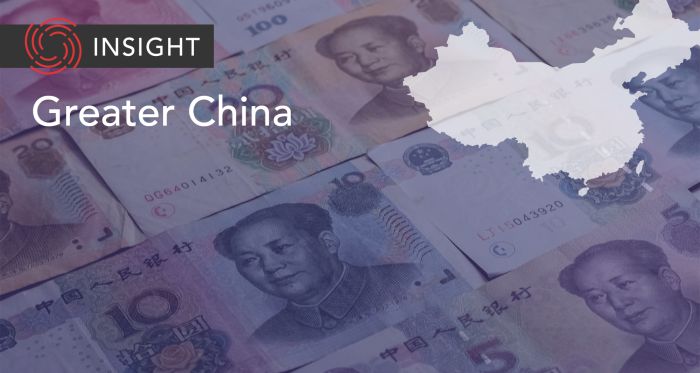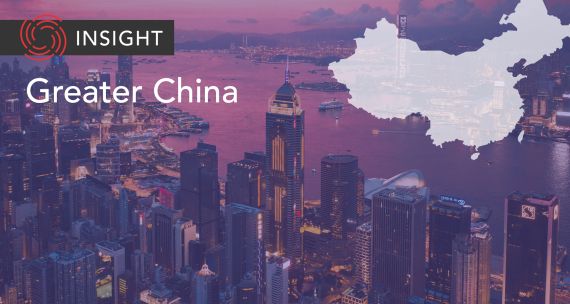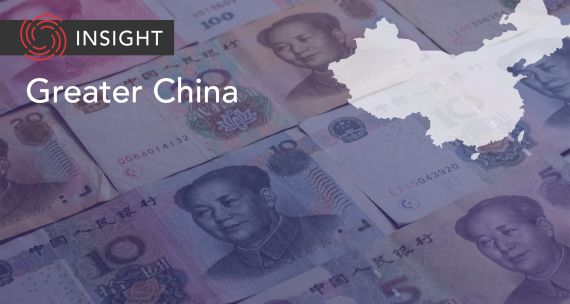The Takeaway
To many, the Chinese central bank's move to fine Ant Group and Tencent’s Tenpay marked an end to the regulatory crackdown on major players in China's technology and finance sectors. As Beijing seeks to rally the private sector to overcome economic and geopolitical challenges — including mounting a post-COVID-19 recovery, lacklustre consumption, rising youth unemployment, and tensions with the U.S. — a more supportive yet determined government approach is likely to prevail.
In Brief
On July 7, the People’s Bank of China (PBOC), China’s central bank, issued a notice about its "comprehensive rectification of breaches in financial activities" since November 2020, naming Ant Group and Tencent Holdings as examples of violators. The PBOC fined Ant Group C$1.31 billion (7.123 billion yuan) and ordered the company to shutter its mutual aid platform, Xianghubao. In the notice, the PBOC said Ant Group and its subsidiaries violated laws and regulations in areas including payment and settlement business, financial consumer protection, and fulfilling anti-money laundering obligations. The notice also discloses that most outstanding issues with Ant Group have been addressed and that the PBOC’s work is now entering a new phase of "normalized financial regulation."
A separate ticket from the central bank indicates that Tenpay, the payment platform of China's other fintech giant, Tencent, was fined C$550 million (3 billion yuan) on the same day. The ticket listed 11 breaches, including violating regulations of managing merchants, settlements, and payment accounts, as well as problems related to properly storing and protecting consumer data. Other "major platform enterprises" that received administrative penalties from the PBOC include state-backed Postal Savings Bank of China, Ping An Bank, and PICC Property and Casualty.
Implications
Global investors, waiting for the other shoe to drop for more than two years, seemed to have reignited their optimism for Chinese tech giants after the announcement. Ant's parent company, Alibaba, saw its Hong Kong-listed shares tick up 6.4 per cent on the same day. Tencent, Baidu, and JD.com also witnessed their stocks climb on the Hang Seng TECH Index the following Monday.
Some investors, however, await a more definite sign on whether the now-restructured Ant will soon revive its initial public offering (IPO). Ant’s IPO was expected to be the largest in history before it was pulled by regulators following Ant founder Jack Ma’s public criticism of China’s financial regulations. His comments sparked a years-long probe into the group. Since then, both Ant and Alibaba have undergone a series of reforms, with the former applying to become a financial holdings company to be regulated more like a bank, and the latter splitting its business into six units. In a move to further severe ties, Ma ceased control of his business empire’s financial arm and gave up the majority of his shares in Ant Group in early 2023.
Ant, for its part, responded on July 7 to the fine, stating that it will work hard to "better serve and create greater values for the physical economy, especially for customers and small businesses." The group also launched a share buyback at a valuation of C$104 billion (567.1 billion yuan), which is 40 per cent lower than its valuation during the Series C financing in 2018, and 75 per cent lower than the company’s C$410-billion value estimate at the time of its IPO attempt in 2020. While industry observers say the end of Ant’s regulatory revamp could help accelerate a successful IPO, the prospect is unlikely in the short term and will not be as lucrative as a listing three years ago, as compliance benchmarks for fintech platform operators like Ant have now become higher.
The goal of Chinese regulators is to shift from preventing “capital from expanding in a disorderly fashion” to encouraging tech companies to play a more active role globally, as the country’s tech war with the U.S. and European states intensifies. Evidence of this ‘carrot-and-stick’ approach abounds: Chinese Premier Li Qiang voiced support for the platform economy at a July 12 meeting with company representatives, and the latest report from the National Development and Reform Commission applauded several tech giants for their contributions to critical sectors like the semiconductor and renewable energy industries. Seeking rosier economic and job prospects, Beijing’s latest messaging to these tech companies is part of its goal to boost the private sector, as it continues to find a balance between providing space to grow and taking the reins.
What's Next
- ‘Finance is finance, tech is tech’
In a new era of ‘normalized regulations,’ China's platform companies will likely need to follow Alibaba’s example of drawing more defined lines around different parts of their business. Separating financial and tech services could help isolate risks and increase business agility, but could also lead to diminished market influence.
- New regulatory body faces uphill battle
The National Administration of Financial Regulation, China’s new financial regulatory body that debuted in March, is taking over some tasks from the country’s central bank and national securities regulator. One such task is supervising and writing new rules for prospective financial holding companies like Ant that possess multiple service permits.
• Produced by CAST's Greater China team: Maya Liu (Program Manager); Dustin Lo (Analyst); and Chloe Yeung (Analyst).




